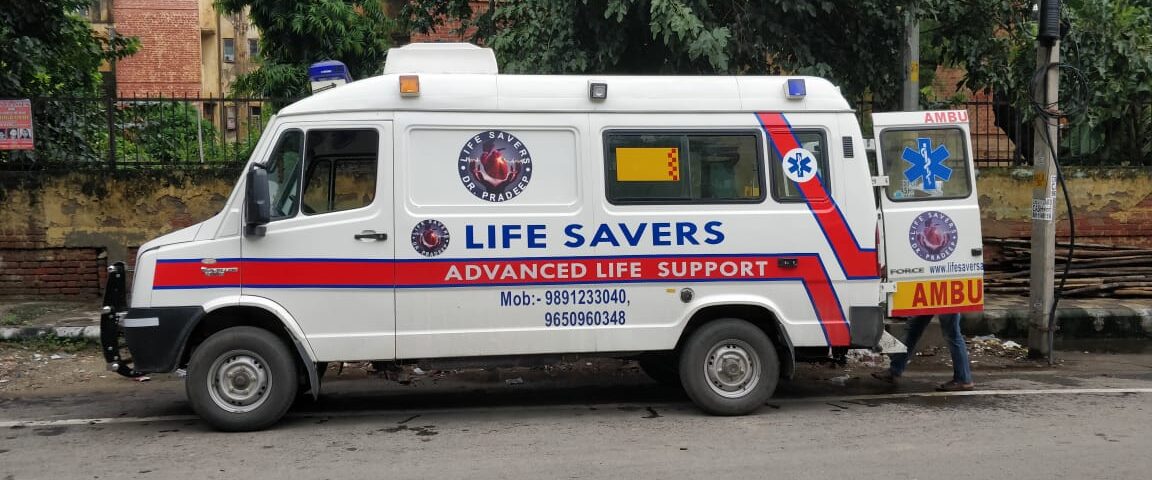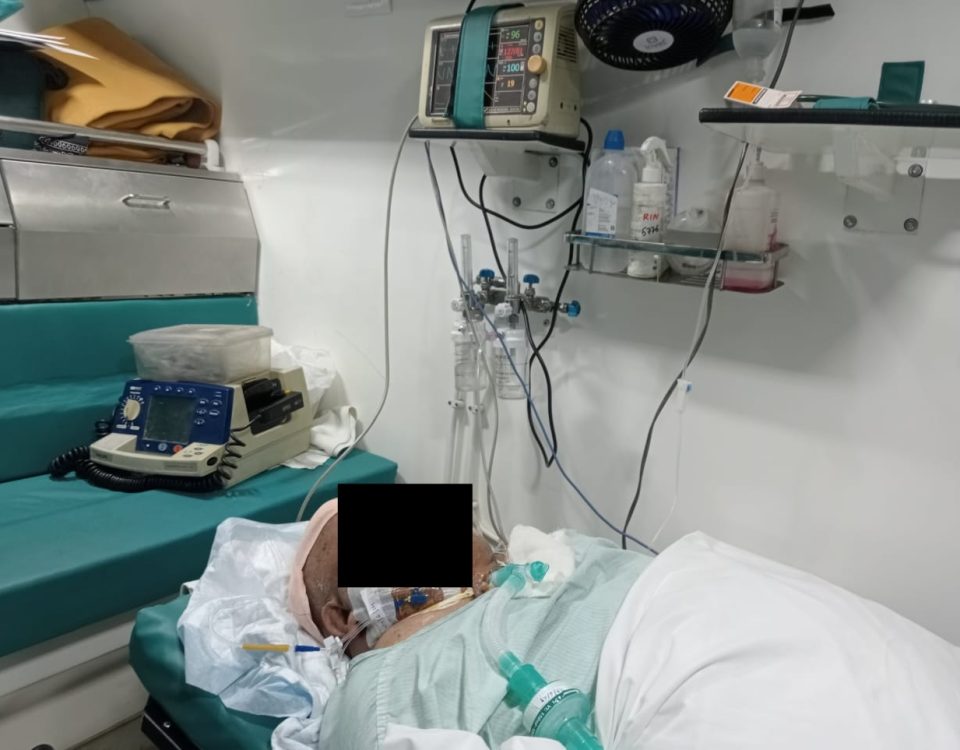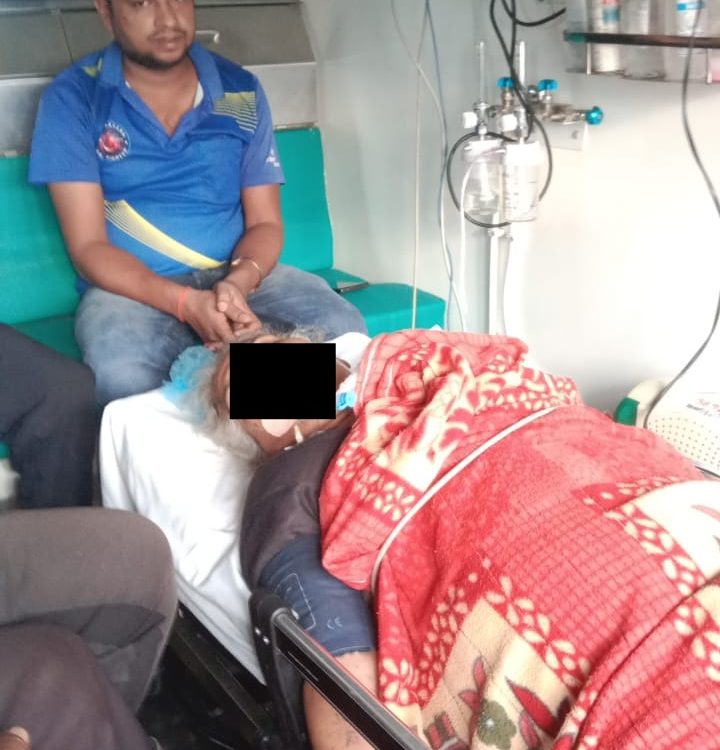How to Know If Your Chest Pain Requires Urgent Medical Assistance?

When it comes to chest pain, it is hard to figure out whether you are under a heart attack or it is just a minor issue such as heartburn. In some cases, a mild, fleeting sensation in the chest might be a sign of an impending risk and have implications as severe as a heart attack.
The only way you can save your heart or lungs from possible damages during a health crisis is by calling for help at the right time, without any delays. Conversely, taking the wrong step during a critical period can reduce your chances of survival.
For knowing which moments require immediate help, you need to acquaint yourself with the common symptoms that signal medical urgency.
The below guide will come in handy to decide that.
What can be considered as a serious chest pain?
The intensity of the chest pain you experience can't be solely used as a parameter to gauge the health problem affecting you. A slight chest pain can be caused by CAD, which occurs because of blockage in coronary arteries and is life-threatening. Some heart conditions, such as silent attacks, will not lead to severe symptoms. Thus, if you aren't cautious, the complications might increase with time. Calling your doctor is essential as soon as you suffer any sort of persistent chest pain ending for more than a few minutes.
When to call for an Emergency Medical Vehicle?
Taking action in time can save your life. When have a medical emergency vehicle at your aid, you have better chance of survival. As soon as the ambulance reaches your home, the emergency physician will conduct the necessary tests and administer your medications to alleviate your condition, even before you reach the hospital. Thus, in a way, they act as a catalyst in your treatment and reduce the risks to your health.
Below are six chest pain signs that shouldn't be taken lightly:-
1. People who are above 40 and struggling with obesity, high cholesterol level, diabetes, family history of heart problems and other CAD-related issues.
2. If heart diseases are prevalent in your family tree.
3. Chest pain occurs simultaneously with tightness, fluttering, heaviness or throbbing sensation.
4. The pain travels to your shoulder, arm, face or other parts of the body.
5. It is increasing with time and is more intense than you ever had.
6. You find the pain unbearable and something that you have never experienced before.
On the other hand, these signs can be ruled out as less severe:-
1. You feel the pain in only one targeted area of your chest and its roots from specific body movements.
2. The sensation is felt for a few moments and comes with no other symptoms.
3. In the past, you suffered similar pain, but it was not a cardiac disorder as you had speculated.
Can't I drive myself?
We are stressing about calling an ambulance because it comes with medical professionals who can assess your condition and provide you with proper help.
How can I help?
A history of your medical records, including past reports, tests, medications you have been prescribed, and the treatments you underwent, can provide extremely helpful insights to the doctors. Make a file so that all your medical documents lay in one single place and you or your loved ones don't have to search for them during urgencies. Be prepared to answer the questions your doctor asked. If it takes you too long to reach the hospital, ask a loved one to note the symptoms as and when they strike you on your way.



